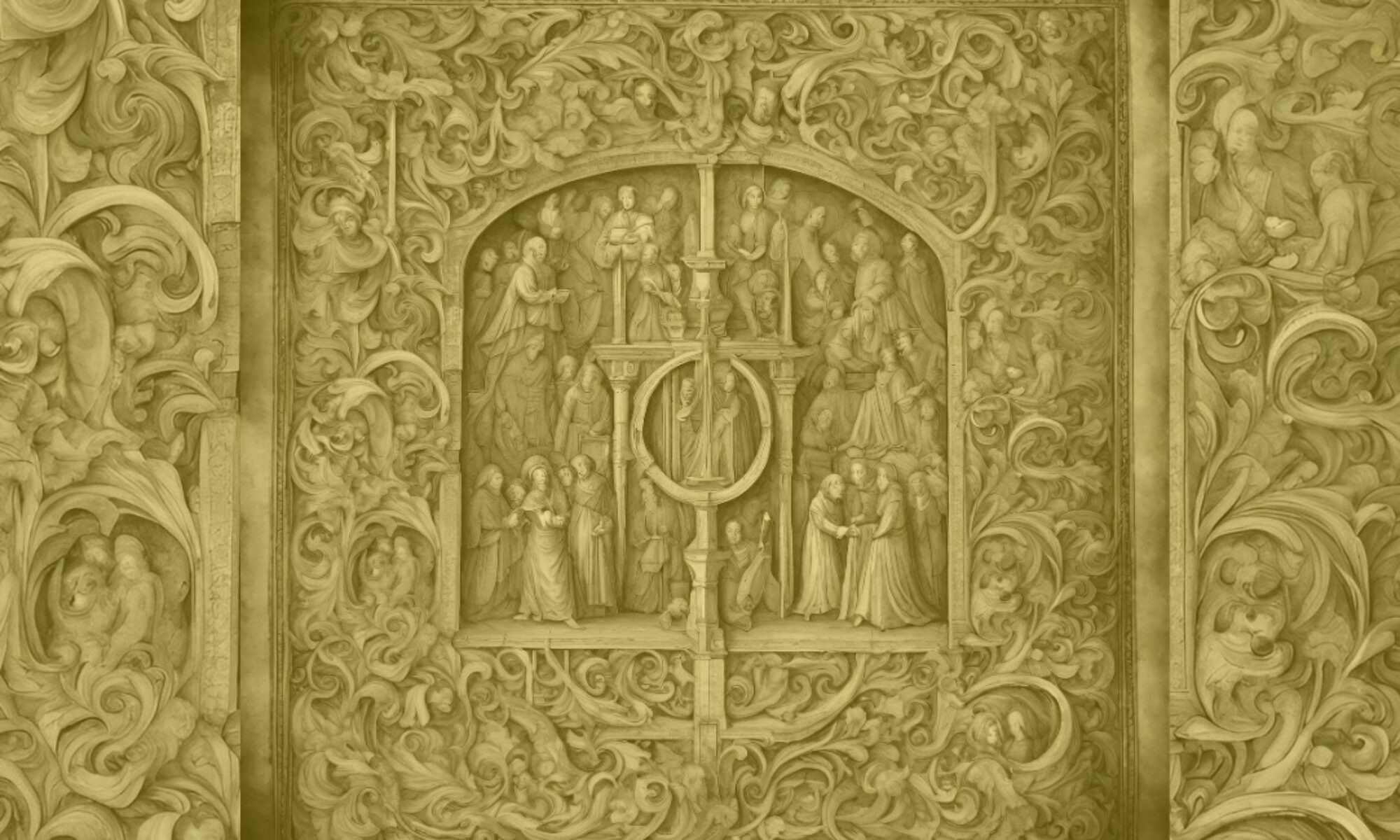Bradley’s talk is called, “Thinking Myth: Seeing the Nothing That is not There and the Nothing That Is”

Using poetry, mythic images and stories, I will demonstrate that the compelling power of myth rests upon nothing. There is a nothing at the heart of myth that is not nothing, but is rather a no-thing. A no-thing is a something that should not be confused with a nothing, but developing this discernment is, as Wallace Stevens’ poem, The Snow Man, illustrates is more than a difficult grammatical task, it is an often arduous intellectual and emotional undertaking. But the no-thingness of myth is often overlooked in favor of understanding gods as things in themselves, or even energies, with which one may have some sort of personal connection. Mythic stories and figures are then amalgamated into a kind of catch all, an ersatz deployment of different traditions, times, and locations against the existential dread which results from living an irreducible and fundamentally subjective human life.
One reason this can be so is that so few contemporary people know these stories. If they are familiar with elements of the story or the culture out of which it arises, they may still be unfamiliar with the details. They will still delight in the story because the no-thingness of myth is so present and so powerful.
About Bradley
Bradley Olson, Ph.D., a former police officer, is a writer and a depth psychologist in private practice in Flagstaff, AZ for the past 25 years, and is also a mythologist with a Ph.D. in Mythological Studies from Pacifica Graduate Institute. Dr. Olson is the editor (and frequent contributor) to the MythBlast series on the Joseph Campbell Foundation website (jcf.org).









